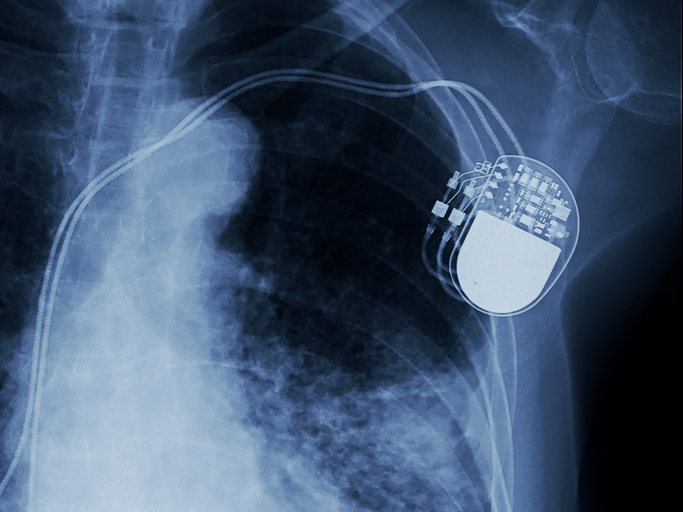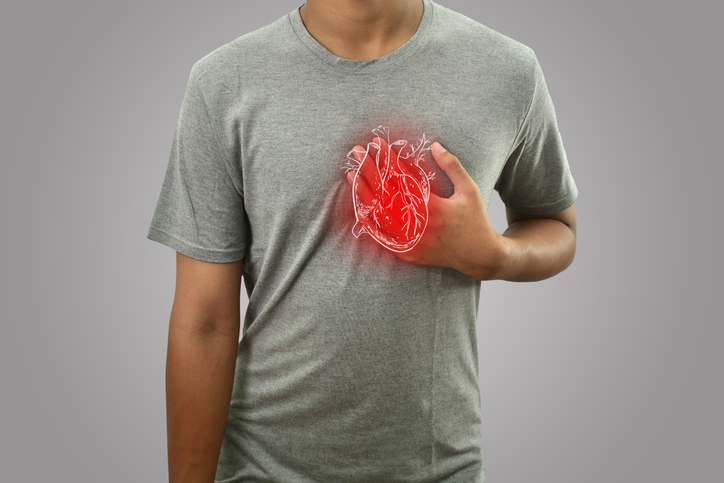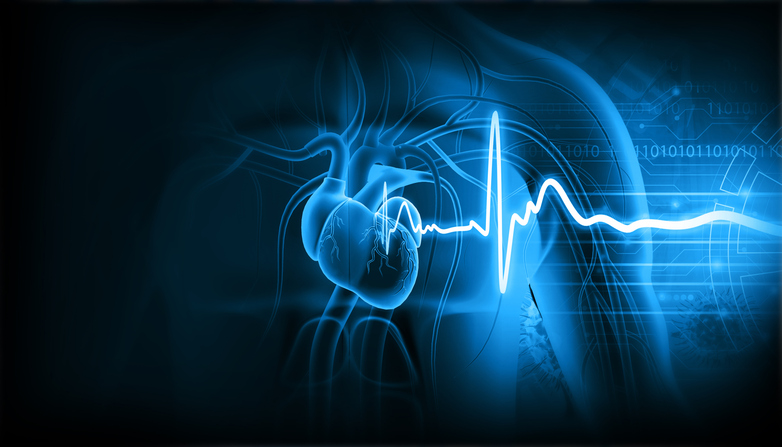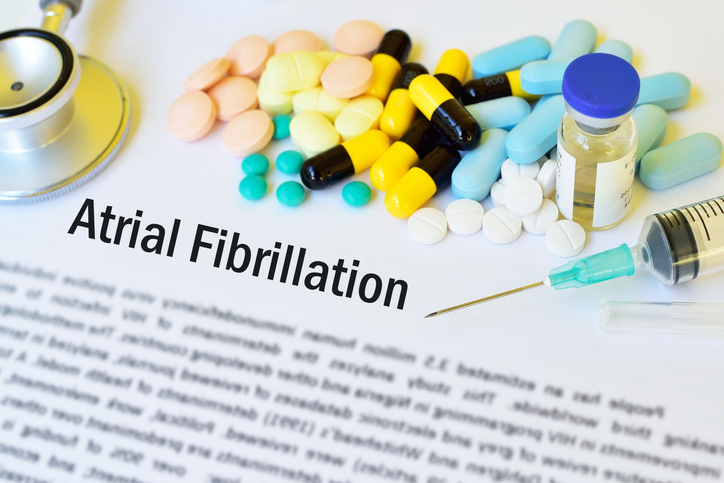
Over half of of adolescents with cardiac implantable electronic devices (CIEDs) have abnormal health screens, according to a study being presented at AHA 2024.
“Adolescents with (CIEDs) face greater psychological distress than their peers. Fluctuations over time and mitigating factors remain unclear,” the researchers noted.
In this single center, prospective study, which took place between January 2023 and May 2024, researchers assessed 41 CIED patients (median age, 18) who all completed serial validated mental health measures of anxiety, depression, post-traumatic stress disorder (PTSD), cardiac QoL, and ExF. The primary end point of interest was abnormal mental health screen in any of the domains. The secondary end point was clinically significant change in anxiety or depression scores, defined as ≥6 and ≥5, between baseline and 3-month follow-up.
The findings showed that 54% of patients had abnormal baseline mental health screens (39% poor cardiac QoL, 36% trauma history, 28% anxiety, 17% depression, 13% abnormal ExF, 5% PTSD). At the time of follow-up, 34% of anxiety or depression scores were deemed as clinically significant.
The researchers concluded that “routine mental health screening is crucial for improving mental health and quality of life in this population.”
Reference
Gakenheimer-Smith L, Ou Z, Presson A, et al. Evaluating the Mental Health of Adolescent Patients with Cardiac Implantable Electronic Devices. Abstract #Sa2023. Presented at the American Heart Association Scientific Sessions 2024; November 16-18, Chicago, Illinois.







 © 2025 Mashup Media, LLC, a Formedics Property. All Rights Reserved.
© 2025 Mashup Media, LLC, a Formedics Property. All Rights Reserved.